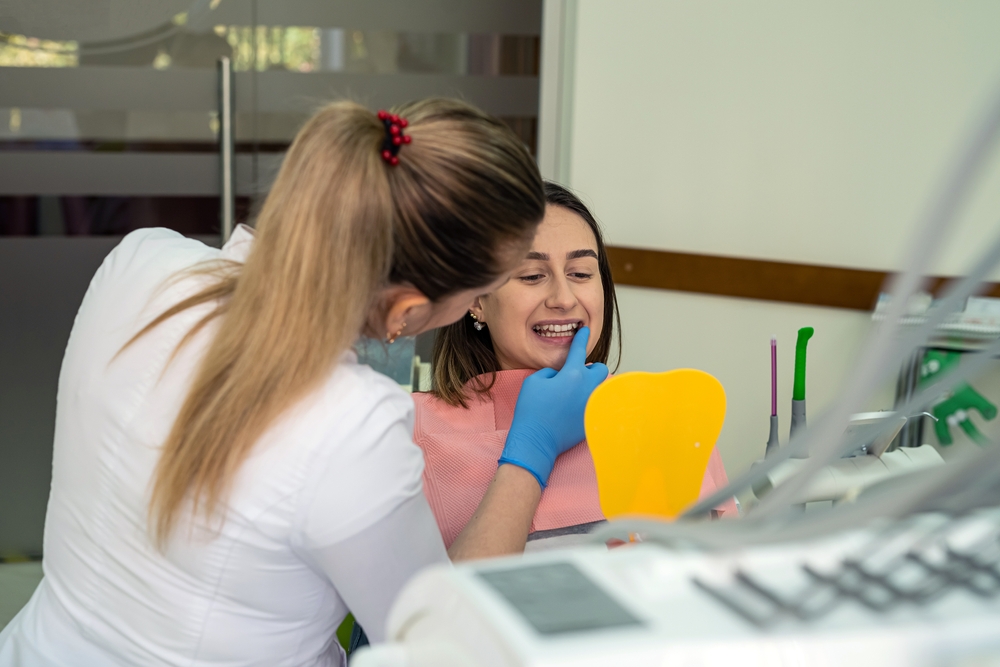
Why Teeth Cleanings in Lancaster are Vital To Your Health
Studies show that as many as 90% of adults experience some form of periodontal disease at one point in their lives. Gum disease is caused by the unchecked build-up of bacteria in your mouth. In severe cases, the bacteria can get into your bloodstream and make its way to various body tissues and exacerbates diabetes, heart disease, and other illnesses. Your dental professional can help you manage your oral health and prevent bacteria buildup through dental cleanings.
What Happens When You Don’t Get Your Teeth Cleaned?
The warm and moist environment in your mouth is very hospitable for the growth of bacteria, which manifests as either plaque, a biofilm formed by bacteria colonies living in your mouth, or calculus (tartar), which is the calcified and mineralized form of plaque when it stays on your teeth for too long.
Without professional cleaning, the bacteria in your mouth can accumulate to a point where it becomes active and destructive, resulting in:
- Cavities – plaque is responsible for producing acid that can erode tooth enamel causing uneven tooth wear and even cavities
- Tooth discoloration – tartar is a hard substance that forms on your teeth and attracts more harmful bacteria, ruining the appearance of your smile.
- Gingivitis – this is the first stage of gum infection, which is characterized by gum inflammation, swelling, and reddening. Due to sensitive gums, you may also notice some blood on your toothbrush or when rinsing your mouth after brushing. Fortunately, gingivitis can be successfully treated with professional dental cleaning and an improved at-home oral care routine.
- Periodontitis – If there are no interventions, gingivitis can advance to a more serious and chronic case of gum disease known as periodontitis or periodontal disease. It affects the foundation of your teeth – the bone tissue connecting your teeth to the jaw. If not treated promptly, periodontitis can cause severe bone loss that loosens your teeth with some even falling out. Though it’s irreversible, dental professionals can help you manage the symptoms and improve your oral health.
Your dentist can check for cavities during routine visits, and diagnose periodontal disease by measuring the depth of your gum pockets (space between the teeth and gums), which should be between 1 and 3 mm for a healthy mouth. The dentist will also check for bleeding sites, and assess the extent of bone loss through digital X-rays and clinical observation. Based on the results, they will recommend the best type of dental cleaning in Lancaster to solve any issues and improve your oral health.
